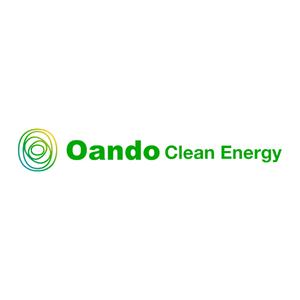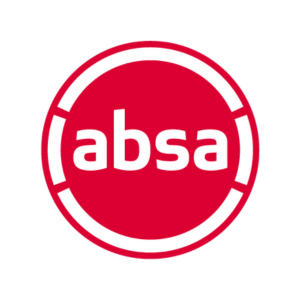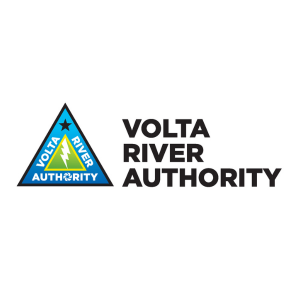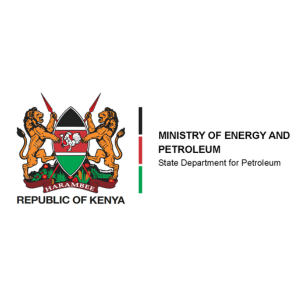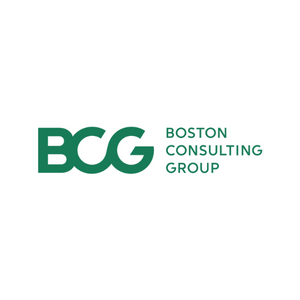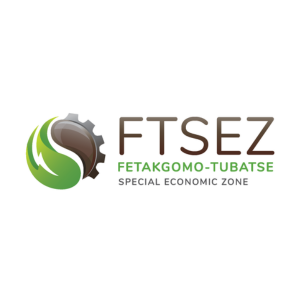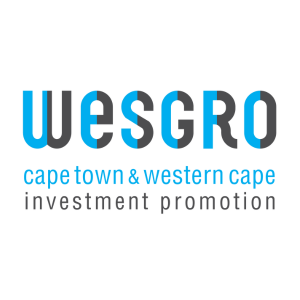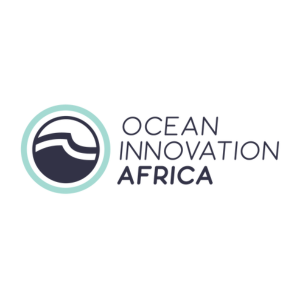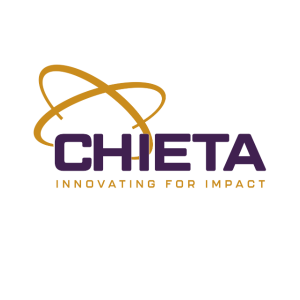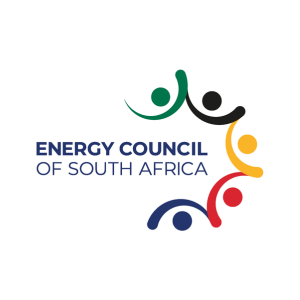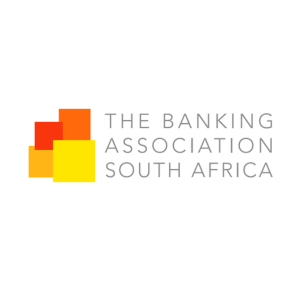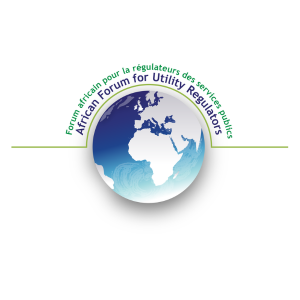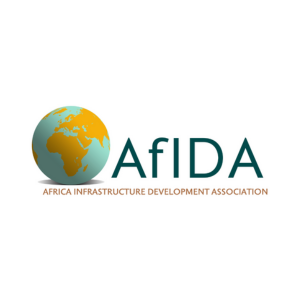Mar 11 | 2021
Do you know your IRPs from your IPPs?
With one of the highest solar irradiation levels in the world, South Africa is one of only two African countries (the other is Egypt) to be a member of the “Gigawatt Club”– the unofficial name of the group of 37 global nations who have already installed more than 1GW of solar. It is, however, also the G20’s most carbon intensive economy. For context, South Africa emits the same levels of carbon emissions as the United Kingdom, despite its economy being approximately one eighth in size.
Diversifying the National Grid
South Africa has long struggled to provide reliable, low cost power that can sustain economic activity and support growth. State utility Eskom has been the target of much of the population’s frustration at this fact. The country’s revised Integrated Resource Plan (IRP) of 2019 identified the need for 39,696 megawatts (MW) to be added to the national grid between by 2030. Of this, just over 8,000MW have already been contracted for connection by 2022, leaving almost 32,000 MW to be added by 2030.
In a bid to move the country’s energy mix away from highly polluting coal, South Africa has introduced the Renewable Energy Independent Power Producers Procurement Programme. Prior to the release of the 2019 IRP, the procurement of electrical energy from Independent Power Producers (IPPs) was informed by ministerial determinations aligned with the previous IRP of 2010 and was relatively limited in scope. As a result of the 2019 IRP, the country is now targeting to procure 6,800 MW of new energy from solar photovoltaic power and wind by 2024.
President Cyril Ramaphosa announced in his 12th February State of the Nation Address that there would be two renewable energy procurement windows in 2021. The first has now opened and covers 2,600MW of solar and wind projects. The second will follow in August.
Leaving Eskom Behind?
Over the coming three to five years, we will likely see an additional boost to South Africa’s solar capacity, as the country’s two most prosperous cities begin to take the responsibility for providing their power away from Eskom. Both Johannesburg and Cape Town now plan to start producing and procuring their own sustainable power from IPPs.
The cities’ commitment follows a landmark court ruling in May 2020, which stated that municipalities can buy their own electricity from suppliers other than Eskom without getting approval from the Energy Minister. The City of Cape Town had for years been pursuing this outcome through the courts, arguing that years of blackouts caused by load shedding had hit economic growth and rendered the Mother City less attractive to international investors.
Cape Town plans to build a photovoltaic solar power plant by the end of the 2023 financial year, whilst also purchasing excess power from residents and businesses who have installed solar panels on their rooftops. The city has a stated goal of achieving carbon neutrality by 2050. Johannesburg, on the other hand, plans to source power from solar power plants and landfills, where gas from decaying waste can be used to generate electricity.
Are you responsible for a solar project in development in South Africa? We want to hear from you! Get in touch for the chance to have your story featured.
To continue the conversation about renewable energy policy and regulation in South Africa and across the continent, join Green Energy Africa Summit 2022. Learn more about attending.
Diversifying the National Grid
South Africa has long struggled to provide reliable, low cost power that can sustain economic activity and support growth. State utility Eskom has been the target of much of the population’s frustration at this fact. The country’s revised Integrated Resource Plan (IRP) of 2019 identified the need for 39,696 megawatts (MW) to be added to the national grid between by 2030. Of this, just over 8,000MW have already been contracted for connection by 2022, leaving almost 32,000 MW to be added by 2030.
In a bid to move the country’s energy mix away from highly polluting coal, South Africa has introduced the Renewable Energy Independent Power Producers Procurement Programme. Prior to the release of the 2019 IRP, the procurement of electrical energy from Independent Power Producers (IPPs) was informed by ministerial determinations aligned with the previous IRP of 2010 and was relatively limited in scope. As a result of the 2019 IRP, the country is now targeting to procure 6,800 MW of new energy from solar photovoltaic power and wind by 2024.
President Cyril Ramaphosa announced in his 12th February State of the Nation Address that there would be two renewable energy procurement windows in 2021. The first has now opened and covers 2,600MW of solar and wind projects. The second will follow in August.
Leaving Eskom Behind?
Over the coming three to five years, we will likely see an additional boost to South Africa’s solar capacity, as the country’s two most prosperous cities begin to take the responsibility for providing their power away from Eskom. Both Johannesburg and Cape Town now plan to start producing and procuring their own sustainable power from IPPs.
The cities’ commitment follows a landmark court ruling in May 2020, which stated that municipalities can buy their own electricity from suppliers other than Eskom without getting approval from the Energy Minister. The City of Cape Town had for years been pursuing this outcome through the courts, arguing that years of blackouts caused by load shedding had hit economic growth and rendered the Mother City less attractive to international investors.
Cape Town plans to build a photovoltaic solar power plant by the end of the 2023 financial year, whilst also purchasing excess power from residents and businesses who have installed solar panels on their rooftops. The city has a stated goal of achieving carbon neutrality by 2050. Johannesburg, on the other hand, plans to source power from solar power plants and landfills, where gas from decaying waste can be used to generate electricity.
Are you responsible for a solar project in development in South Africa? We want to hear from you! Get in touch for the chance to have your story featured.
To continue the conversation about renewable energy policy and regulation in South Africa and across the continent, join Green Energy Africa Summit 2022. Learn more about attending.

